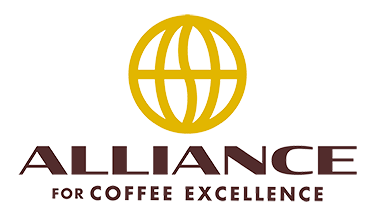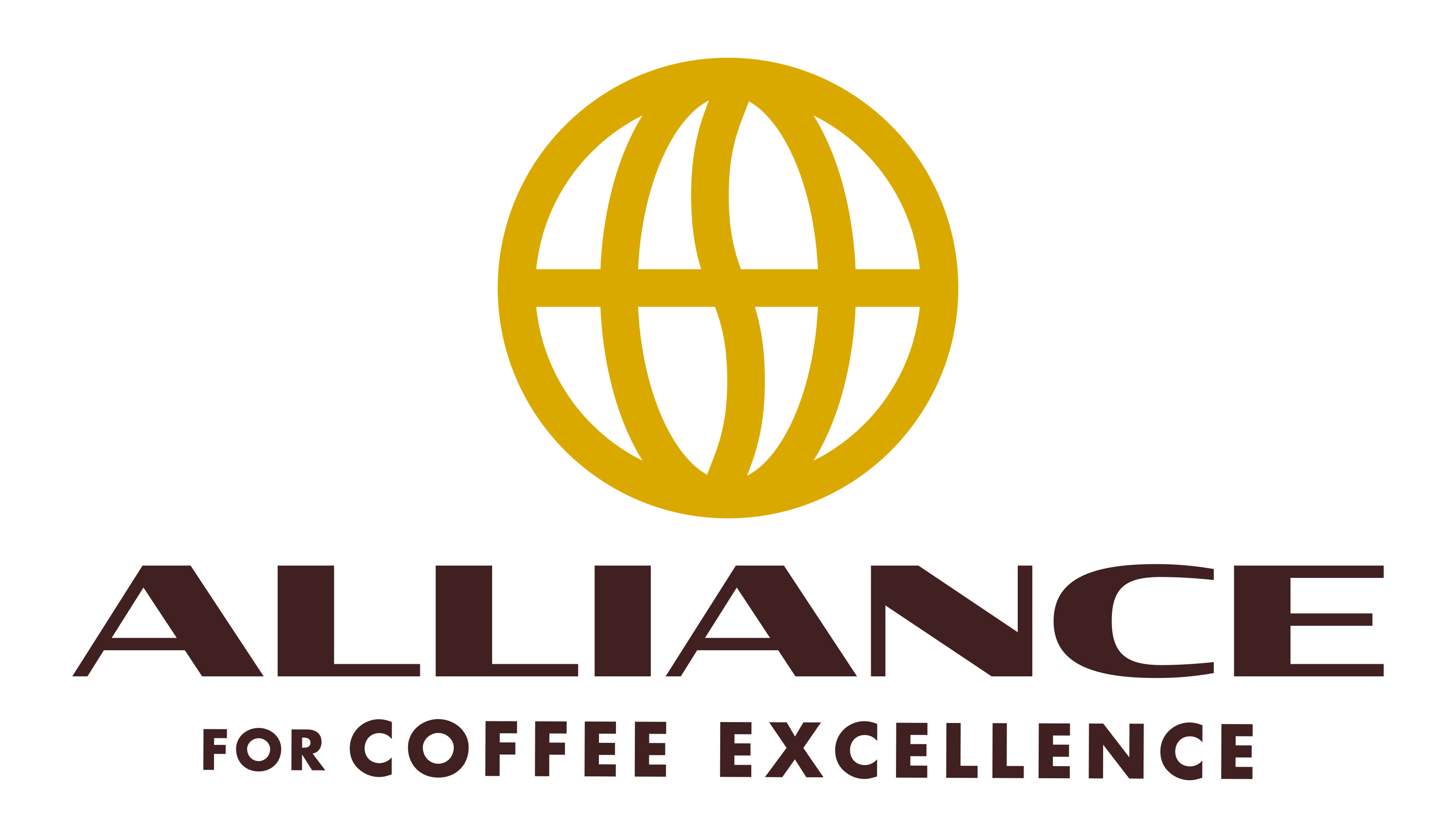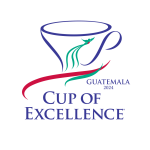87.73
History
Ricardo Corrales is a coffee producer associated to the COCASAM LTDA. Cooperative. He was born in San Marcos de Colon, Choluteca , Honduras , in 1947. He studied his elementary school in this small town located in the south of Honduras , and then he went to the UNAH University where he got a doctor degree in general medicine. Though he is now a doctor, he is an active coffee producer. His farm is located on the Botija Mountain which is the largest reserve of forest and wild life in the south of Honduras . There he cultivates organic coffee, and founded an Elementary School to support the education of his workers and the community. Ricardo Corrales is a coffee producer associated to the COCASAM LTDA. Cooperative. He was born in San Marcos de Colon, Choluteca , Honduras , in 1947. He studied his elementary school in this small town located in the south of Honduras , and then he went to the UNAH University where he got a doctor degree in general medicine. Though he is now a doctor, he is an active coffee producer. His farm is located on the Botija Mountain which is the largest reserve of forest and wild life in the south of Honduras . There he cultivates organic coffee, and founded an Elementary School to support the education of his workers and the community. Quality Practices The coffee is processed under traditional methods in his wet mill and dried in cement patios. He does not use pesticides, herbicides, or chemical insecticides to control coffee plagues. His wet mill has canal classification system where the coffee is classified as first and second quality coffee. After the wet mill process, the coffee is cupped in the cupping laboratory of the COCASAM LTDA before exportation
Environmental Care
The Coffee is shade grown and cultivated under an organic program certificated by BIO-LATINA, so this assures the nature protection and care. Fertilization The coffee plantation is fertilized with bocashi, an organic fertilizer, and natural foliation fertilizers. Disease and Pest Control They use natural and biological pest and disease control Harvesting The harvest starts on January and finishes on April each year. They use women and men hand labor to pick up the coffee. Pulping and Fermentation Ricardo has his own wet mill. He has the machinery to process the cherries, ferment tanks and cement patios to dry the parchment coffee. Drying Normally the dry milling is done through an Exporter Company of the Honduran Cooperative System contracted by the COCASAM LTDA .
Other Statistics:
Annual Production: 400 bags
Soil type: Frank Clayey
Annual precipitation: 1,600 mm
Shade Trees Species: Guaba and Guanijiquil
Water Source: Natural water sources from the farm
Number of Permanent Employees: 3
Number of Temporary Employees: 20 - 100
| Rank | 13 |
|---|---|
| Farm Name | El Cedro |
| Farmer/Rep. | Ricardo Corrales Sandoval |
| Altitude | 1550 |
| Country | Honduras |
| Year | 2005 |
| Size (30kg boxes) | 20 |
| City | San Marcos De Colon |
| Region | Choluteca |
| Program | Honduras 2005 |
| Month | - |
| Processing system | Processed under traditional methods, dried on cement patios |
| Variety | Caturra |
| Coffee Growing Area | 29.4 |
| Farm Size | 70 |
| High bid | 3.55 |
| Total value | 10800.45 |
| High bidders | Caravan Coffee for Kyokuto Fadie |


